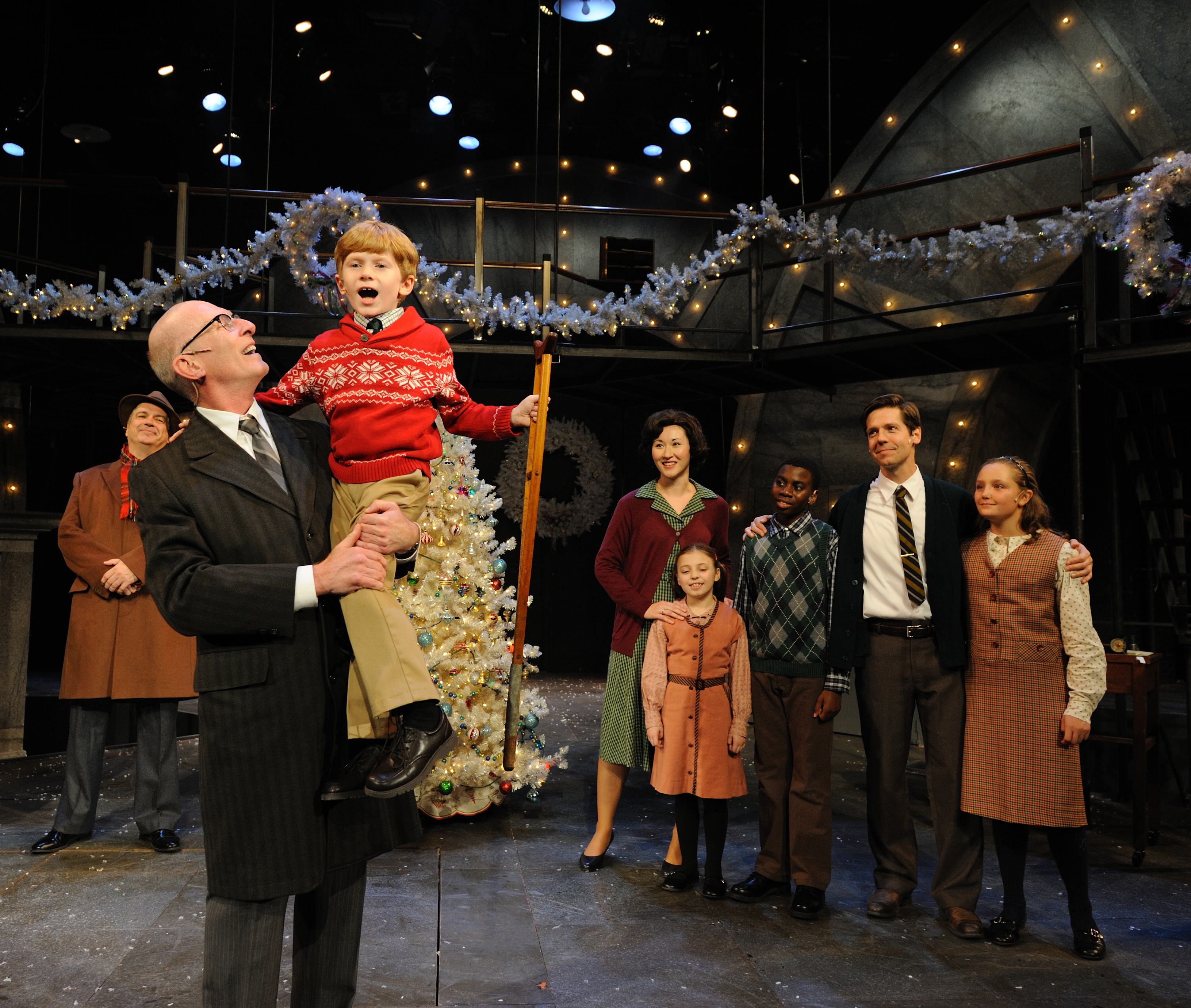
Photo credit: Julie Henion
Presented by The MIT Gilbert and Sullivan Players
Book by Richard Nelson
Music by Benny Andersson and Bjӧrn Ulvaeus
Lyrics by Tim Rice
Directed by Emma Brown
Music Direction by Elena Sokoloski
August 4 – August 13, 2017
Kresge Little Theater
48 Massachusetts Avenue, Cambridge MA 02139
Chess Facebook Event
Review by Gillian Daniels
(Cambridge, MA) Chess is a grim Cold War fable told around an international obsession with the titular board game. Director Emma Brown and the MIT Gilbert and Sullivan Players bring to life the ‘80’s show with a heavy dose of whimsy, suffusing the production with neon-colored nostalgia. Despite some song reshuffling, lyric changes, and obvious fun had by the cast, there’s little they can do to fix a rushed romance and peculiar pacing, creating a hurky-jerky but intriguing roller coaster of a musical. Continue reading
